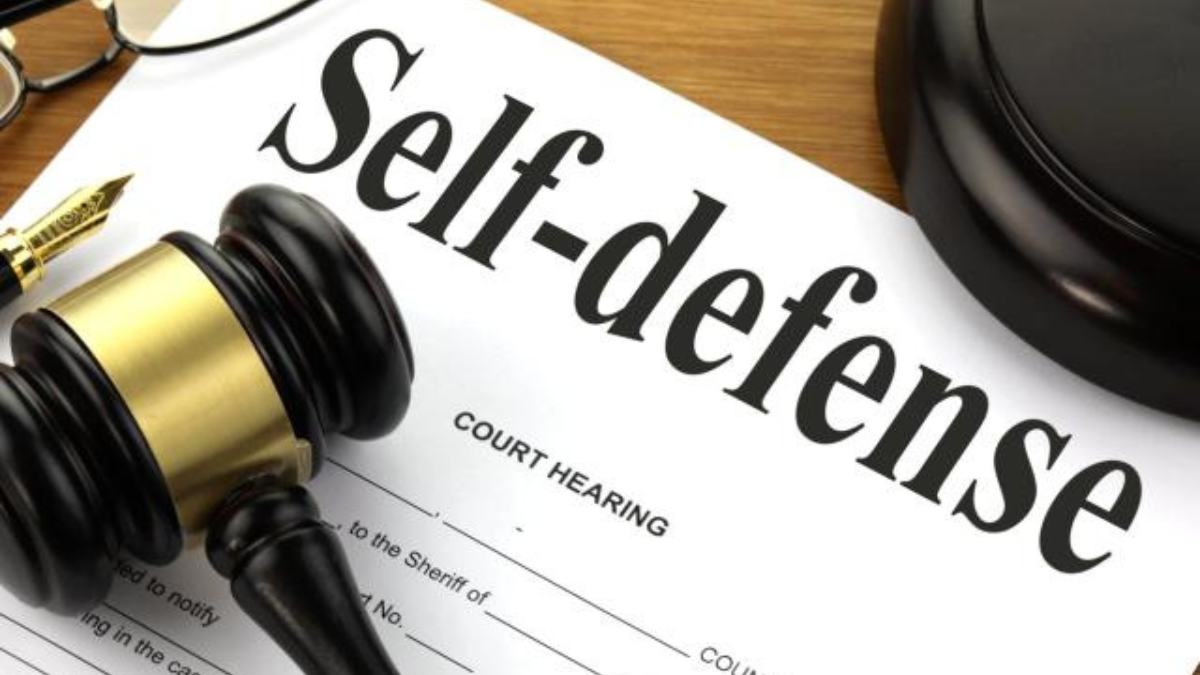Month: June 2024

How a Car Accident Lawyer in San Diego Can Maximize Your Compensation
If you’ve been involved in a car accident in San Diego, you may be entitled to compensation for your injuries, property damage, and other losses. However, navigating the complex legal system and dealing with insurance companies can be overwhelming, especially while recovering from your injuries. That’s where a skilled car accidentRead More

The Role of Mediation in Toronto Divorce Cases
Understanding Mediation Definition and Purpose Mediation is a structured, interactive process where an impartial third party assists disputing parties in resolving conflict through the use of specialized communication and negotiation techniques. Mediation not only strives to keep the divorce proceedings more civil but also focuses on preserving long-term relationships andRead More

Understanding Self-Defense and Defense of Others in Legal Context
Within the framework of legal principles, self-defense and defense of others serve as crucial defenses for individuals accused of committing acts that would otherwise be considered criminal. While our legal system generally disapproves of resorting to violence, it recognizes the inherent right of individuals to protect themselves and those aroundRead More

How Do You Know What Type of Lawyer You Need?
Navigating the legal world can be overwhelming, especially when you’re facing a situation that requires professional help. Knowing which type of lawyer to approach can save you time, stress, and money. This guide will help you understand the different types of lawyers and when you might need them. Family LawRead More

What Are the Claims-Made Vs. Occurrence Policies Involved in Teeth Whitening Liability Insurance?
In the realm of liability insurance, including teeth whitening cover, there are two primary types of coverage forms: Claims-Made and Occurrence policies. These forms dictate how and when coverage applies, particularly important in contexts where liability may arise from professional services like teeth whitening. Here’s a breakdown of each: Claims-MadeRead More

5 Tips to Find the Best Car Accident Injury Attorney Fast
Navigating the aftermath of a car crash is challenging. Selecting an attorney skilled in vehicular law ensures that your rights are protected. Here are five invaluable tips to help you choose the ideal lawyer quickly and efficiently. Understand the Importance of Specialization Finding a capable car accident attorney can beRead More

The Trusted Guide To Finding The Best Trust Litigation Attorney
Key Takeaways: Trust litigation involves disputes and conflicts relating to trusts, and can be emotionally charged and financially complex. Common issues in trust litigation include breach of fiduciary duty, undue influence, invalid or unclear trust terms, removal of a trustee, and disagreements among beneficiaries. It is crucial to consult withRead More